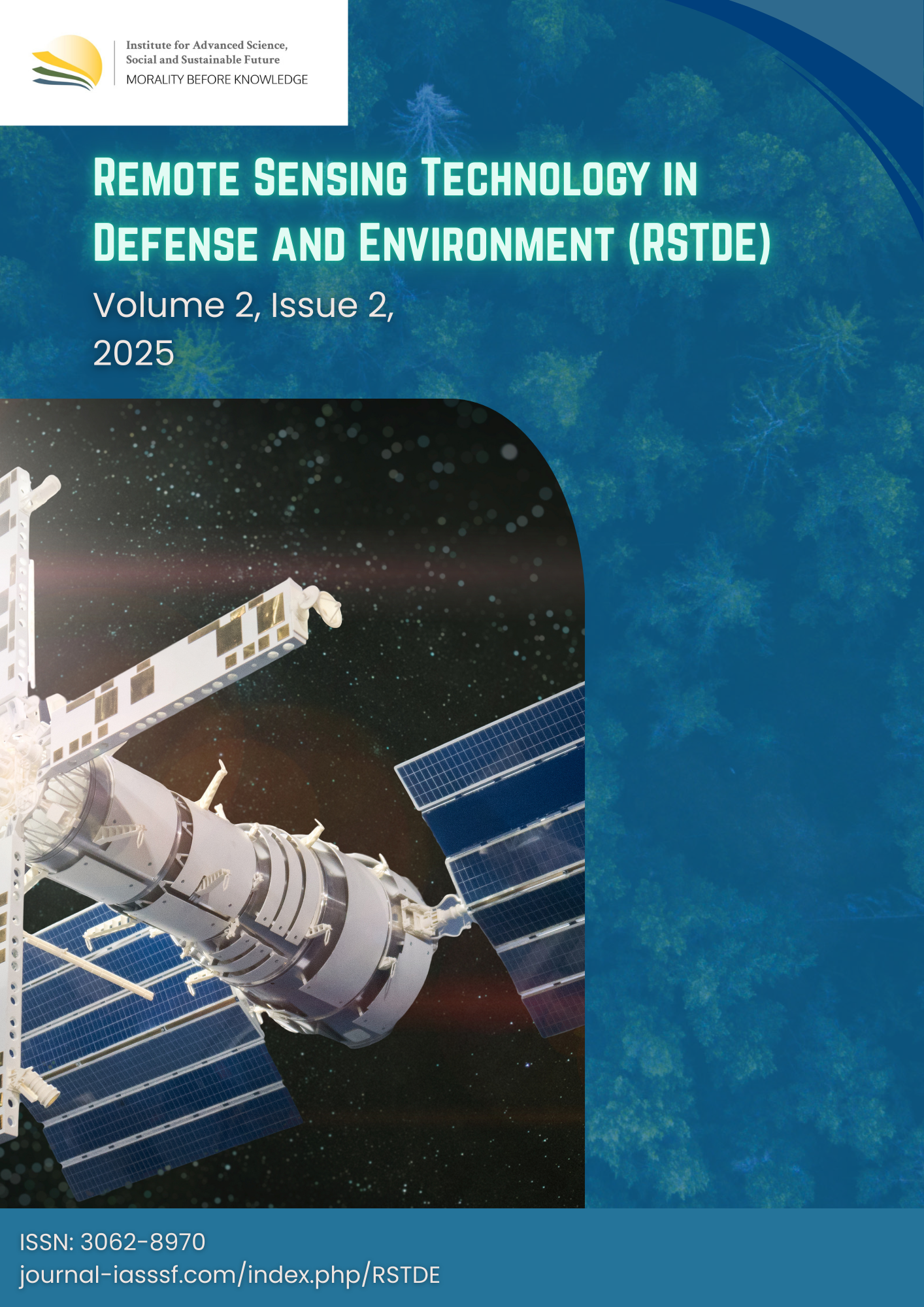Land cover change analysis based on spectral indices and deep learning convolutional neural network model
DOI:
https://doi.org/10.61511/rstde.v2i2.2025.1878Keywords:
coastal zone, convolutional neural network (CNN), land cover change, remote sensing, spectral indicesAbstract
Background: Coastal zones are undergoing rapid land cover changes due to urban development, land reclamation, and environmental degradation, threatening ecological stability and sustainable coastal management. This study investigates land cover changes in the coastal districts of Tangerang Regency, Indonesia, from 2020 to 2024 using an integrated remote sensing and deep learning approach. Methods: Three spectral indices—Normalized Difference Vegetation Index (NDVI), Normalized Difference Water Index (NDWI), and Normalized Difference Built-up Index (NDBI)—were applied to Sentinel-2A imagery to monitor vegetation, water bodies, and built-up areas. Additionally, a Convolutional Neural Network (CNN) model was trained to enhance classification accuracy. Findings: The results showed a sharp decline in vegetated areas from 195.91 km² in 2020 to 118.32 km² in 2023, followed by a partial recovery to 157.81 km² in 2024. Water bodies consistently decreased from 122.35 km² in 2020 to 110.62 km² in 2024, suggesting intensified coastal modifications. Built-up areas displayed fluctuating patterns, with a peak of 8.88 km² in 2021 and a significant drop to 1.01 km² in 2024. The CNN model achieved a 60% validation accuracy, indicating its capacity to detect complex land cover features, despite challenges related to data imbalance and class similarity. Conclusion: This study demonstrates that combining spectral indices and deep learning provides a robust framework for detecting and analyzing coastal land cover change. The findings highlight the need for integrated methods in environmental monitoring and support sustainable planning efforts in dynamic coastal regions. Novelty/Originality of this article: This study uniquely integrates spectral indices with deep learning to accurately detect and analyze dynamic coastal land cover changes, providing a robust tool for sustainable coastal management.
Published
Issue
Section
Citation Check
License
Copyright (c) 2025 Nur Izzatul Hikmah, Parluhutan Manurung

This work is licensed under a Creative Commons Attribution 4.0 International License.













